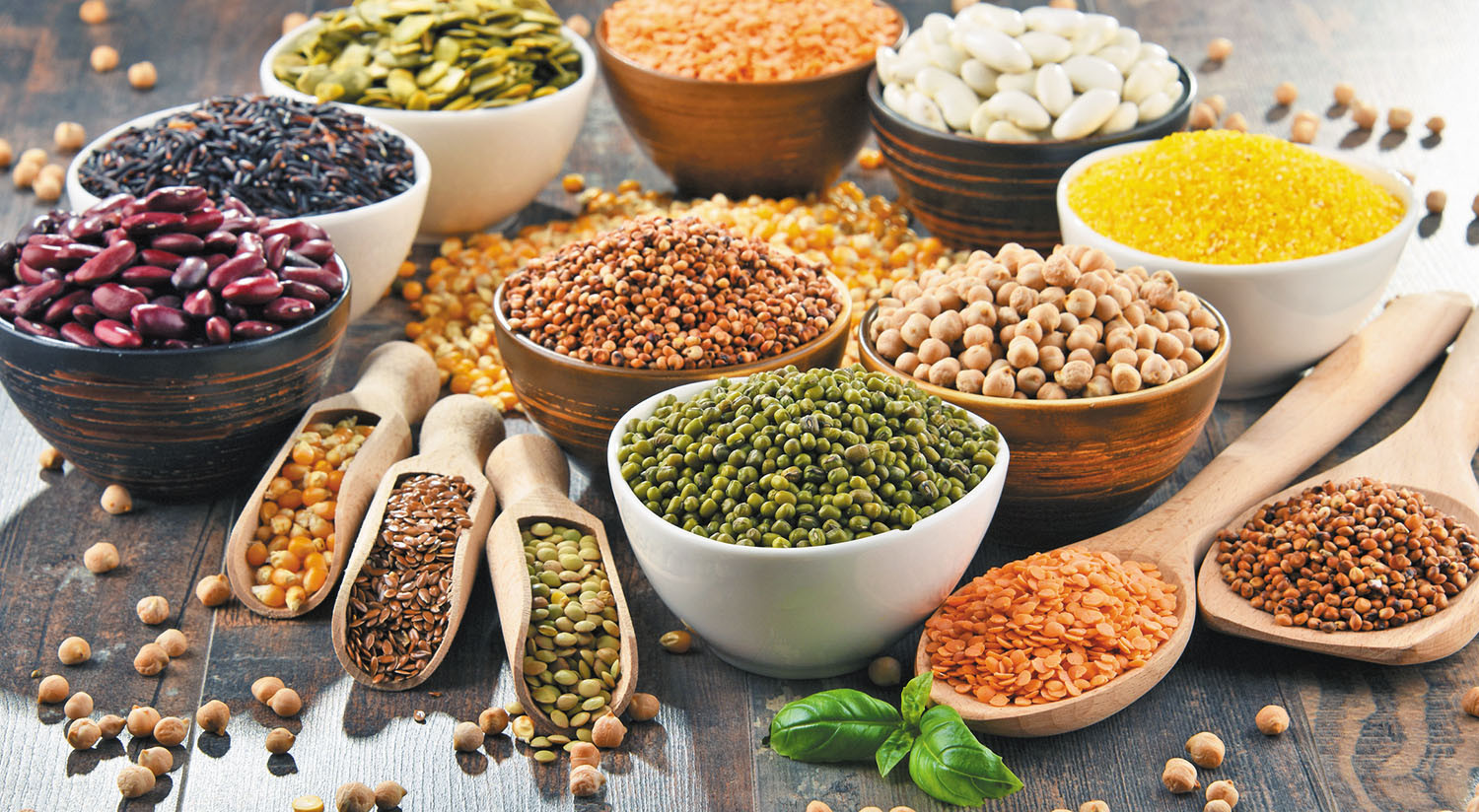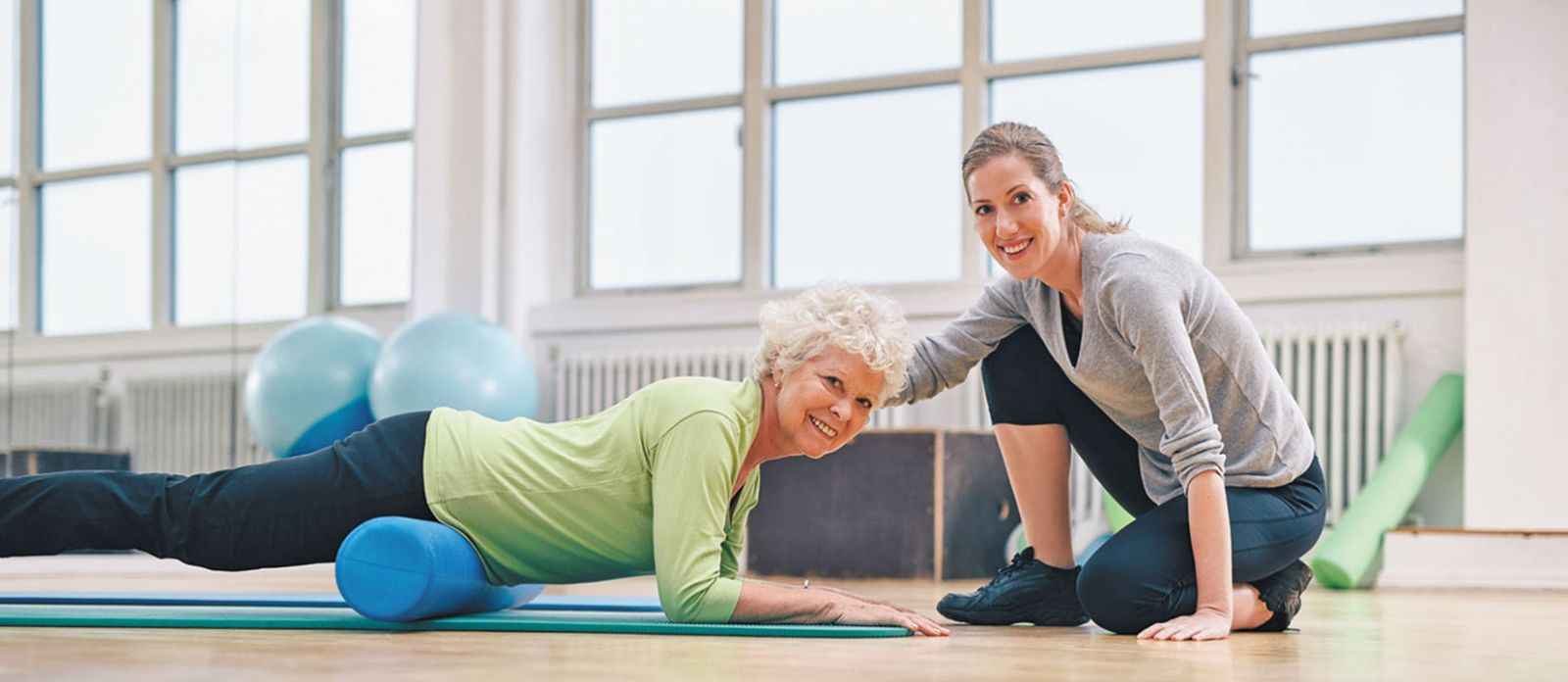
Salmonella is sneaky: Watch out

Two jobs may lower the odds of dying from Alzheimer's disease �� but why?

Mastitis: What to do when your breasts are painfully inflamed

How �� and why �� to fit more fiber and fermented food into your meals

UTI in older women: Why postmenopausal women are susceptible to urinary tract infection, and what to do about it

Can a routine vaccine prevent dementia?

Some adults may need a measles booster shot. Who should get one and why?

Less butter, more plant oils, longer life?

Healthier planet, healthier people

Counting steps is good �� is combining steps and heart rate better?
Staying Healthy Archive
Articles
Why has my sense of taste changed?
On call
��Image: © Meinzahn/Getty Images
Q. I have lost some of my sense of taste. I take medicine for high blood pressure. Could that be the reason?
A. The ability to enjoy food's flavor requires both your sense of taste and your sense of smell, which are triggered by the stimulation of nerve endings in the mouth and nose. As we age, our senses of smell and taste diminish. We lose taste buds, and those that remain shrink; and our tongue and nose become less discerning.
The wonders of winter workouts
Exercising in colder temperatures offers many advantages.
��Image: © amriphoto/Getty Images
Even though the temperature has dropped, this doesn't mean you have to bring your workouts indoors.
"When it gets into the 40s and 30s, you can still enjoy your regular outside routines, like walking, running, and even cycling," says Dr. Adam Tenforde, an assistant professor of sports medicine and rehabilitation at Harvard-affiliated Spaulding Rehabilitation Network.
Extra protein at breakfast helps control hunger
In the journals
��Image: © Tverdohlib/Getty Images
A high-protein breakfast may help curb your appetite later in the day, suggests a small study in the October 2018 Journal of Dairy Science.
Researchers assigned 32 healthy adults to eat a breakfast containing two servings of a high-carbohydrate cereal, with either 1 cup of commercial milk that contained 12.4 grams of protein, or 1 cup of milk mixed with a whole-milk protein concentrate or a whey protein powder that boosted protein intake to 28 grams. The participants then had their blood sugar levels measured.
Legumes: A quick and easy switch to improve your diet
Beans, peas, and peanuts are high in protein but lower in saturated fat than red meat.
��Image: © monticelllo/Getty Images
Looking for a quick way to improve your diet? Try swapping some of your regular servings of red meat with legumes.
"People will ask me, is red meat bad for me? And my answer is, compared to what? Compared to sugar, no. Compared to legumes, yes. That's where I think legumes come in. They are especially beneficial if they can replace red meat," says Dr. Meir Stampfer, a professor of epidemiology and nutrition at the Harvard T.H. Chan School of Public Health.
Drugstore sleep aids may bring more risks than benefits
Explore more effective alternatives to help you get a good night's rest.
��Image: © miya227/Getty Images
You've spent the past few nights staring at the ceiling, thinking about your grocery list, lining up your tasks for the next day, or obsessing about your problem du jour �� but what you really want to be doing is sleeping soundly. You're in the pharmacy and notice an array of over-the-counter sleep aids, and you're tempted. Will taking one help you get that deep slumber you crave?
Before you reach for that bottle, you might want to reconsider.
Low-dose aspirin might not benefit healthy adults
Research we're watching
��Image: © dszc/Getty Images
Taking a low-dose aspirin every day could bring more risks than health benefits to healthy older adults, according to three papers from a single study, published online September 16 by The New England Journal of Medicine. The study, which began in 2010, included more than 19,000 adults ages 65 and older in the United States and Australia, who were free of cardiovascular disease, dementia, or disability, and followed participants for 4.7 years on average. Researchers found that treatment with a daily low-dose aspirin did not prevent dementia or disability. And rates of cardiovascular events (such as heart attacks and stroke) were similar between participants who took low-dose aspirin therapy and the comparison group that did not. While health outcomes were largely the same, people in the aspirin group were more likely than those who were not taking daily aspirin to experience significant bleeding, both in the gastrointestinal tract and the brain �� a known risk of aspirin therapy.
While low-dose aspirin does not appear to benefit healthy older adults, this does not apply to people with known cardiovascular disease. For them, aspirin therapy significantly decreases risk of heart attack and stroke.
Yogurt or dessert? High sugar makes it hard to tell
Research we're watching
��Image: © Steve Debenport/Getty Images
While yogurt is often billed as a nutritious food, high in probiotics and calcium, these creamy treats are also often loaded with sugar, according to a study in the online journal BMJ Open.
The study looked at 900 yogurt products in five major supermarket chains in the United Kingdom. Only 9% qualified as low in sugar, according to government guidelines, which called for a maximum of 5 grams of sugar per 100-gram serving. Organic yogurts, which many people think of as a healthier option, had some of the highest average sugar content (13.1 grams per 100-gram serving) among the various yogurt types, followed by 10.8 grams per serving in yogurts aimed at children and 5 grams among Greek and natural yogurt products.
5-minute fixes for better health
Taking on a new health regimen can be daunting. Accomplishing smaller tasks that contribute to health may be easier to achieve.
You know what you're supposed to do: exercise daily, ditch junk food, get more sleep, and stay vigilant about every aspect of your health. It's a nonstop commitment that seems like a major undertaking if you've fallen behind. But putting off a healthy lifestyle increases the risk for developing chronic disease and jeopardizes your independence.
Rather than identifying big ways to improve your health, and then procrastinating, focus on small tasks that won't overwhelm you. Try a quick fix once in a while �� or all the time if it applies. The more you do, the better you'll feel.
Should you add foam rolling to your workout routine?
Just a few minutes of rolling can help make your muscles more receptive to stretching and relieve muscle soreness, too.
��Image: © jacoblund/Getty Images
Working out regularly will help you hold on to your flexibility, mobility, and independence. And using a simple tool may improve this grip on fitness by priming the muscles and making your workouts more effective.
The tool is called a foam roller. It looks like a fat tube or a bolster pillow for a bed. To use it, you slowly roll an area of your body �� like your upper back, hips, or calves �� back and forth across the top of the roller.
Gifts to inspire healthy eating
Give tools that will encourage recipients to prepare and enjoy fresh, healthy meals and treats.
��Image courtesy of Yonanas
You know what they say about gifts: it's the thought that counts. And why not focus that thought on a healthy diet? Inspire healthy eating with gadgets that are affordable and easy to use. Keep the recipient's dietary needs, dexterity, and physical ability in mind as you shop. Here are some fun ideas to get you started.
A stem stripper (cost: about $5) is a flat utensil with a number of stem-sized holes in it. It strips leaves from stems in seconds. You simply insert the stem of a leafy vegetable or herb (like kale, Swiss chard, or rosemary) into the hole that matches the stem's diameter. Pull the stem through the hole, and the leaves fall away. Then toss the remaining stem. "This might be helpful if you have trouble chewing, if you wear dentures, or you find vegetables or herbs hard to chop or pull apart," says registered dietitian Kathy McManus, director of the Department of Nutrition at Harvard-affiliated Brigham and Women's Hospital.

Salmonella is sneaky: Watch out

Two jobs may lower the odds of dying from Alzheimer's disease �� but why?

Mastitis: What to do when your breasts are painfully inflamed

How �� and why �� to fit more fiber and fermented food into your meals

UTI in older women: Why postmenopausal women are susceptible to urinary tract infection, and what to do about it

Can a routine vaccine prevent dementia?

Some adults may need a measles booster shot. Who should get one and why?

Less butter, more plant oils, longer life?

Healthier planet, healthier people

Counting steps is good �� is combining steps and heart rate better?
Free Healthbeat Signup
Get the latest in health news delivered to your inbox!
Sign Up











